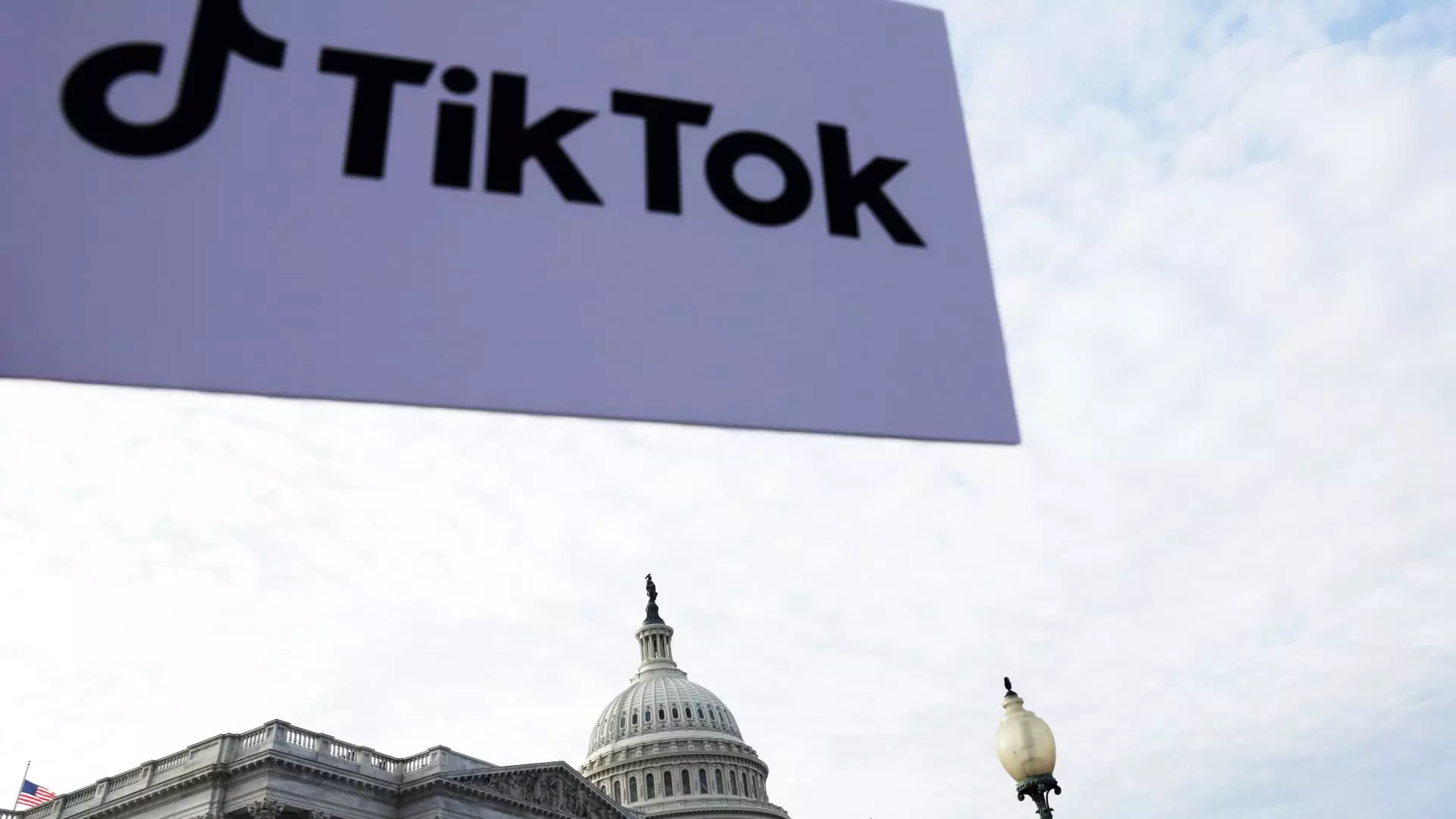A storm is brewing concerning the popular social media platform TikTok, as key U.S. lawmakers are pressing major tech giants Apple and Google to brace themselves for a legal mandate that could significantly impact the app’s availability in the United States. With the U.S. Court of Appeals upholding a directive for ByteDance, TikTok’s parent company, to divest from the platform by January 19, 2024, the stakes are higher than ever. Representatives John Moolenaar (R-Mich.) and Raja Krishnamoorthi (D-Ill.), members of the Select Committee on the Chinese Communist Party, have conveyed the importance of adherence to this law in a series of letters directed at top executives of these tech behemoths.
This directive stems from a rising tension regarding data privacy and national security concerns tied to foreign applications. Lawmakers are adamant that if TikTok’s divestiture is not realized, Apple and Google will not have the legal backing to support or host the application in their respective app stores. By remaining operational without necessary compliance, the companies may find themselves in violation of federal law, which highlights a delicate intersection of tech responsibility, governmental pressure, and international relations.
As the deadline approaches, TikTok is not silent in its struggle to avoid a ban. The company has pushed back, labeling the law as unconstitutional and an infringement on the First Amendment rights of its sizable user base of approximately 170 million Americans. Yet, a three-judge panel dismissed these arguments, supporting the notion that the legislation to deracinate TikTok is crafted narrowly to safeguard national security interests.
In light of the looming ban, TikTok placed a spotlight on its economic impact, projecting a loss of $1.3 billion for U.S. small businesses and social media creators should the platform become inaccessible in America. This figure underscores the paradox of national security versus economic vitality: while lawmakers emphasize a protective stance for U.S. interests, the potential consequences of a ban could ripple through the economy, affecting thousands of creators and businesses reliant on the platform for sales and exposure.
Amidst this turmoil, the involvement of significant political figures continues to unfold. President-elect Donald Trump’s role remains enshrouded in uncertainty. His past efforts to curtail TikTok’s operations have not been forgotten, yet his current position lacks clarity after meeting with notable Republican donor Jeff Yass, a major stakeholder in ByteDance. This interaction denotes a complex interplay between business interests and political agendas.
Should Trump choose to enforce the anticipated TikTok ban upon taking office, it poses a dilemma for executives such as Tim Cook and Sundar Pichai. On one side, compliance with federal legislation is obligatory, whereas the backlash from users and creators opposed to a ban could severely harm both companies’ reputations and bottom lines.
Looking ahead, the TikTok saga raises important questions about corporate accountability and responsiveness in a rapidly evolving digital landscape. As technology companies increasingly navigate the murky waters of geopolitical tensions, they will need to adopt diversified strategies that not only comply with domestic laws but also consider the sentiments and rights of their user base. The notion of corporate responsibility is being redefined in the context of international relations, data privacy, and economic implications.
Ultimately, as this situation continues to evolve, the dialogue between policymakers, corporate leaders, and users will shape the future of digital platforms in the U.S. The response from Apple and Google could set pivotal precedents for how tech companies engage with legislation that threatens to impede their operations while safeguarding national interests. The coming days will test the resilience of these companies in the face of unwavering governmental pressure and a marketplace that demands both security and accessibility.


Leave a Reply